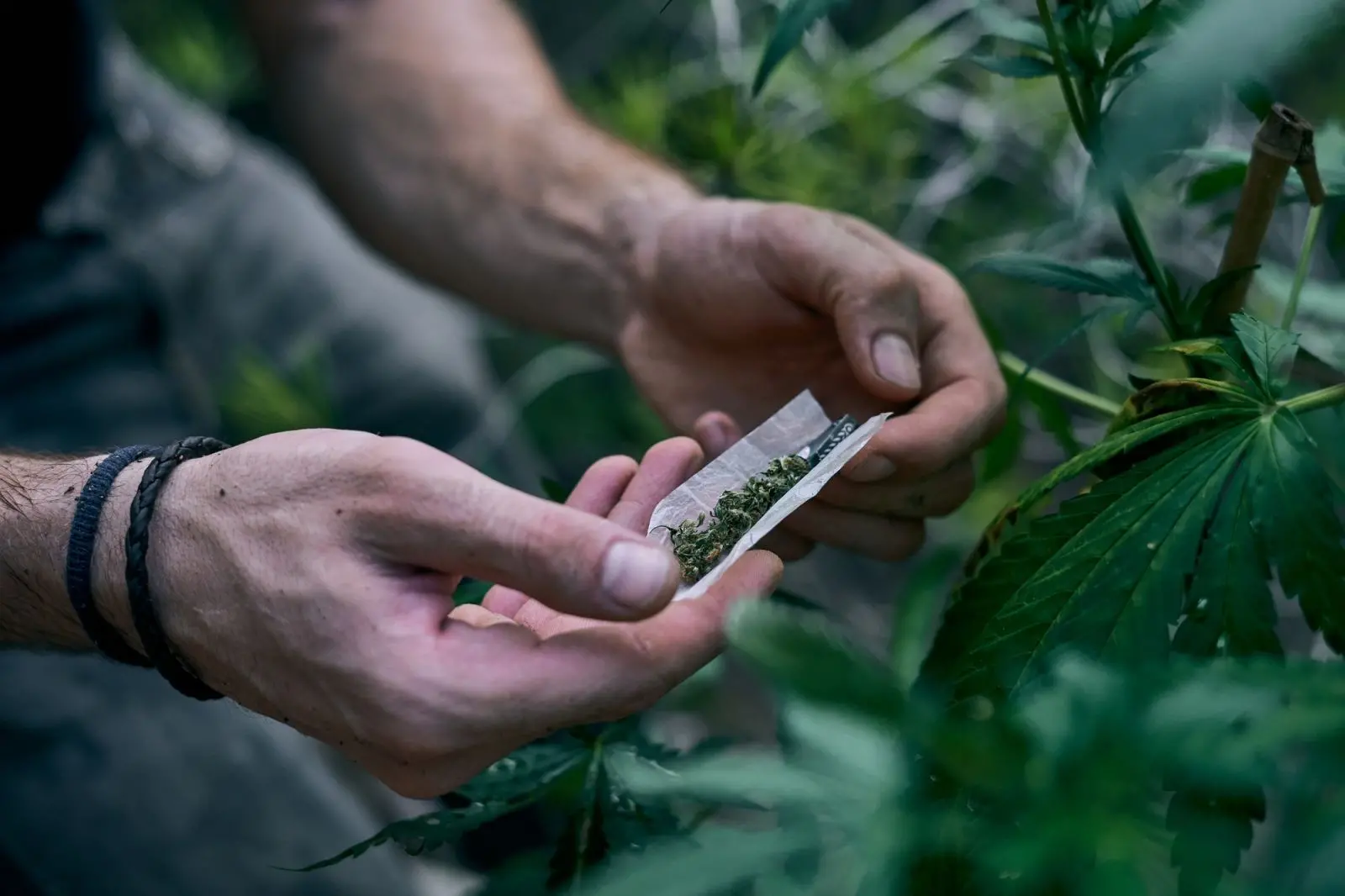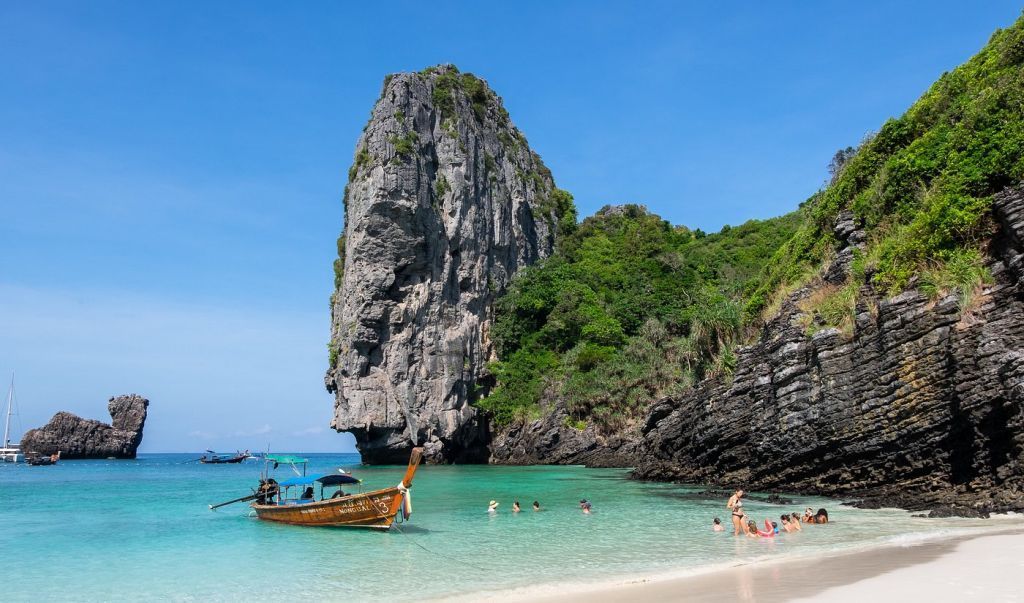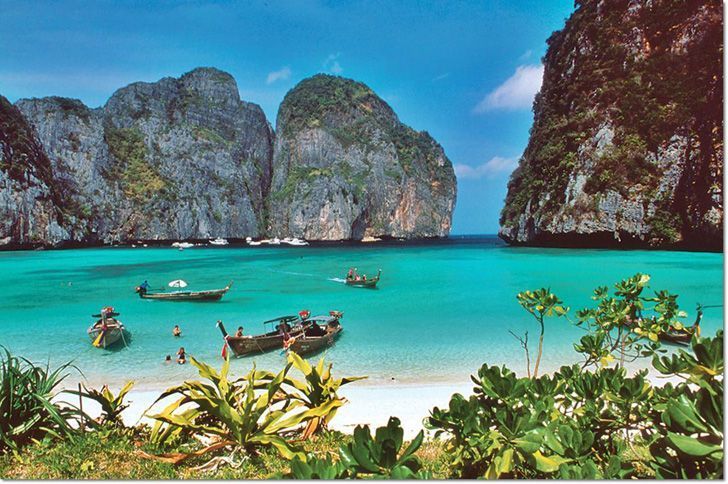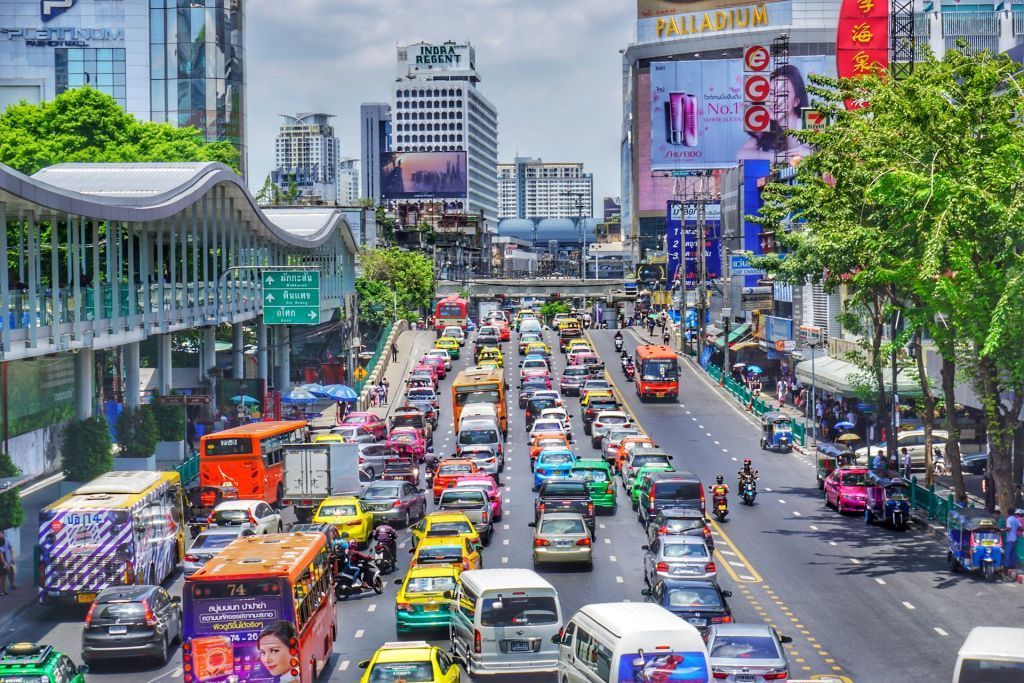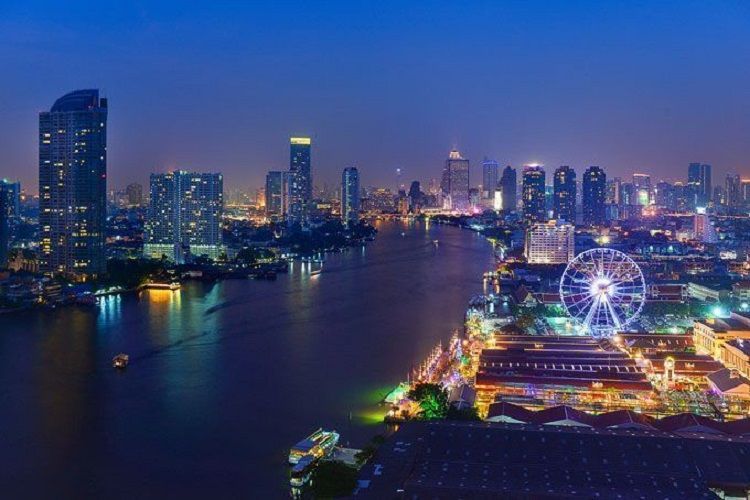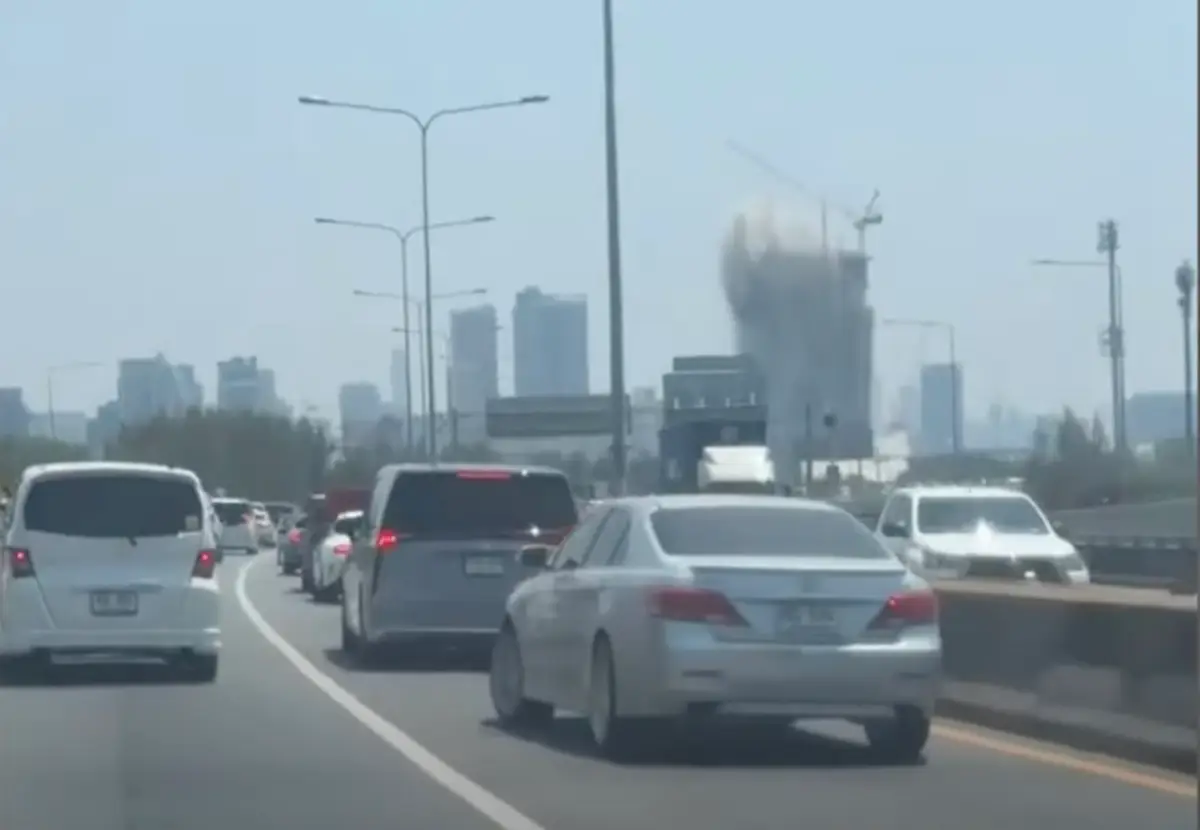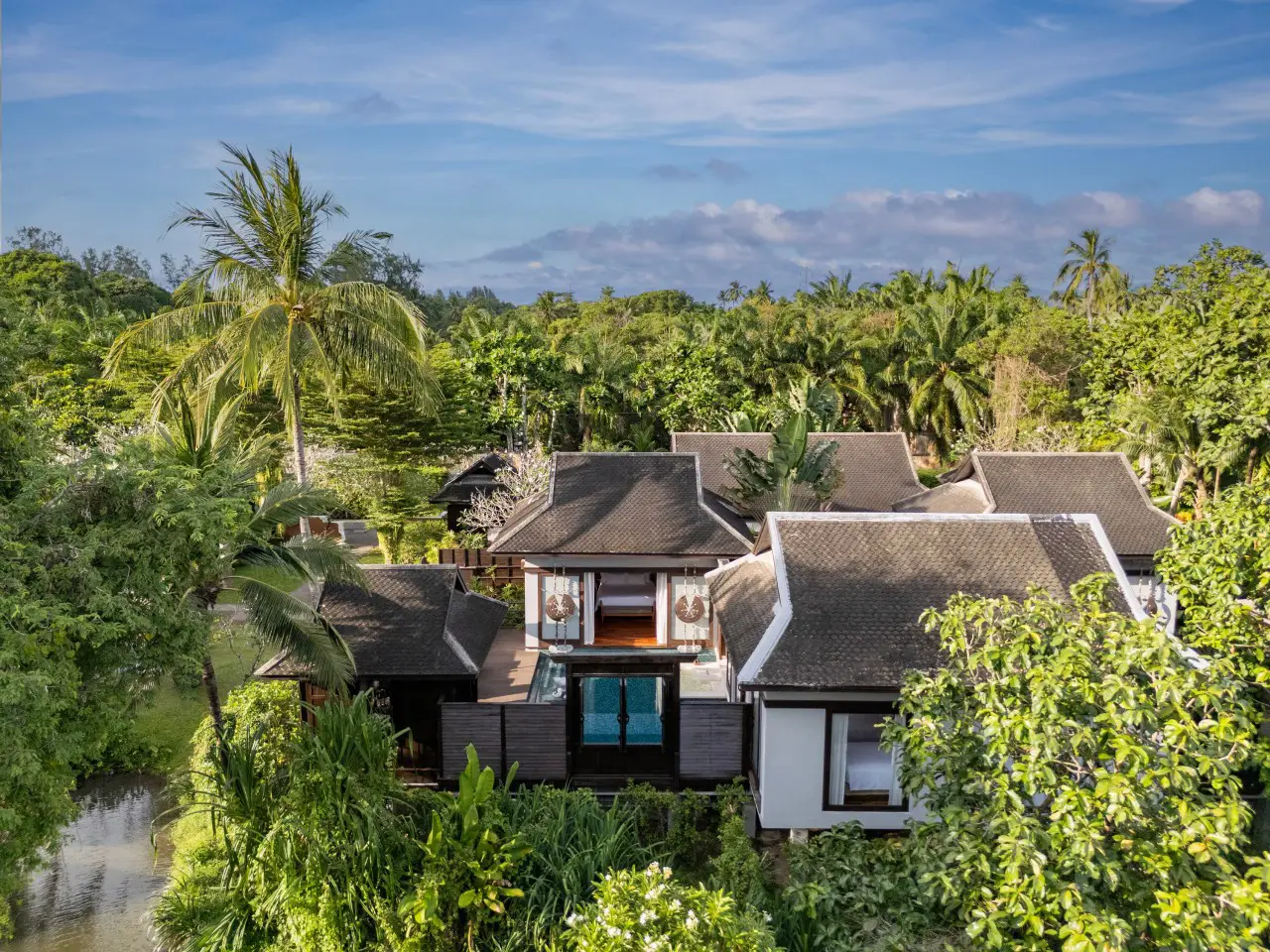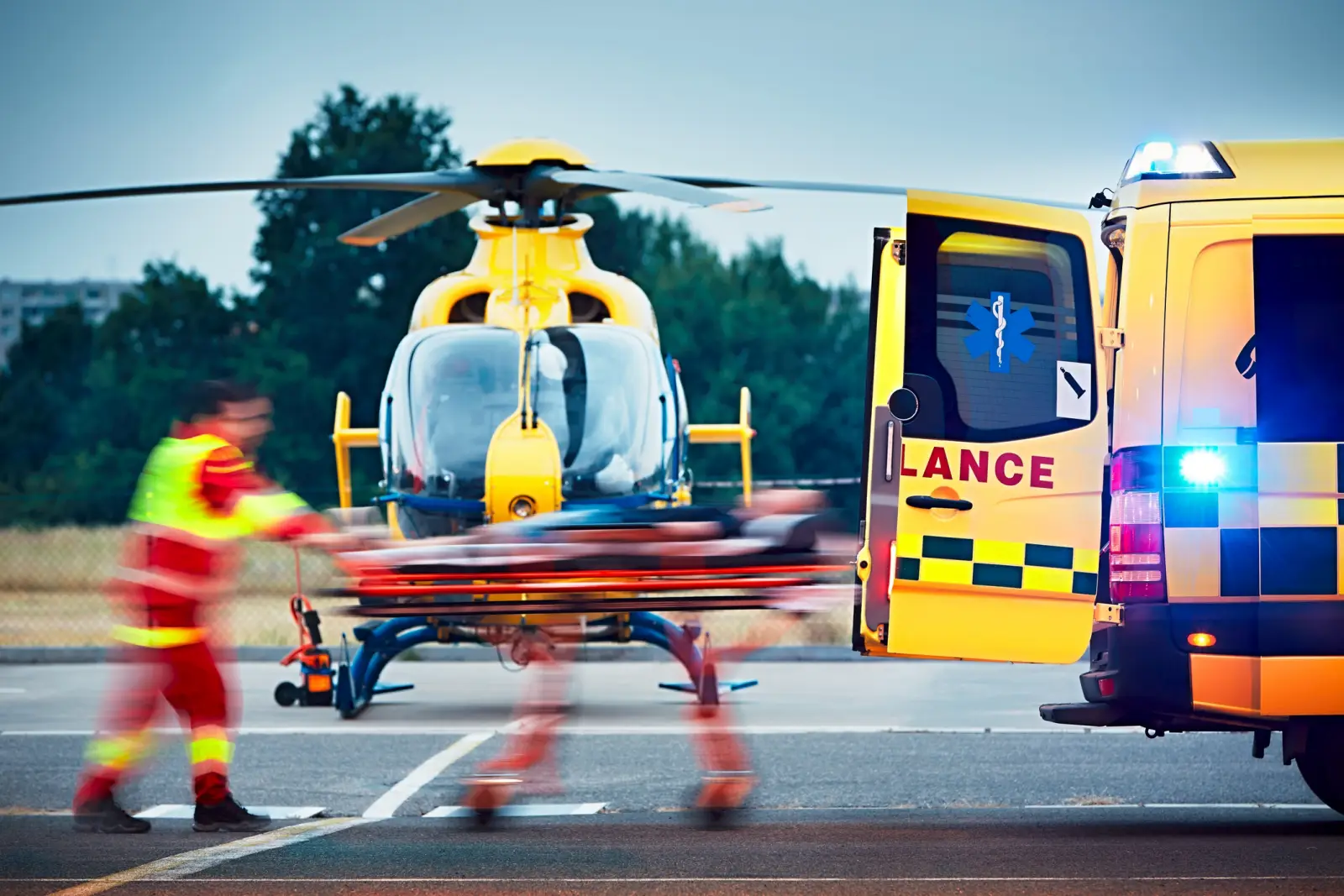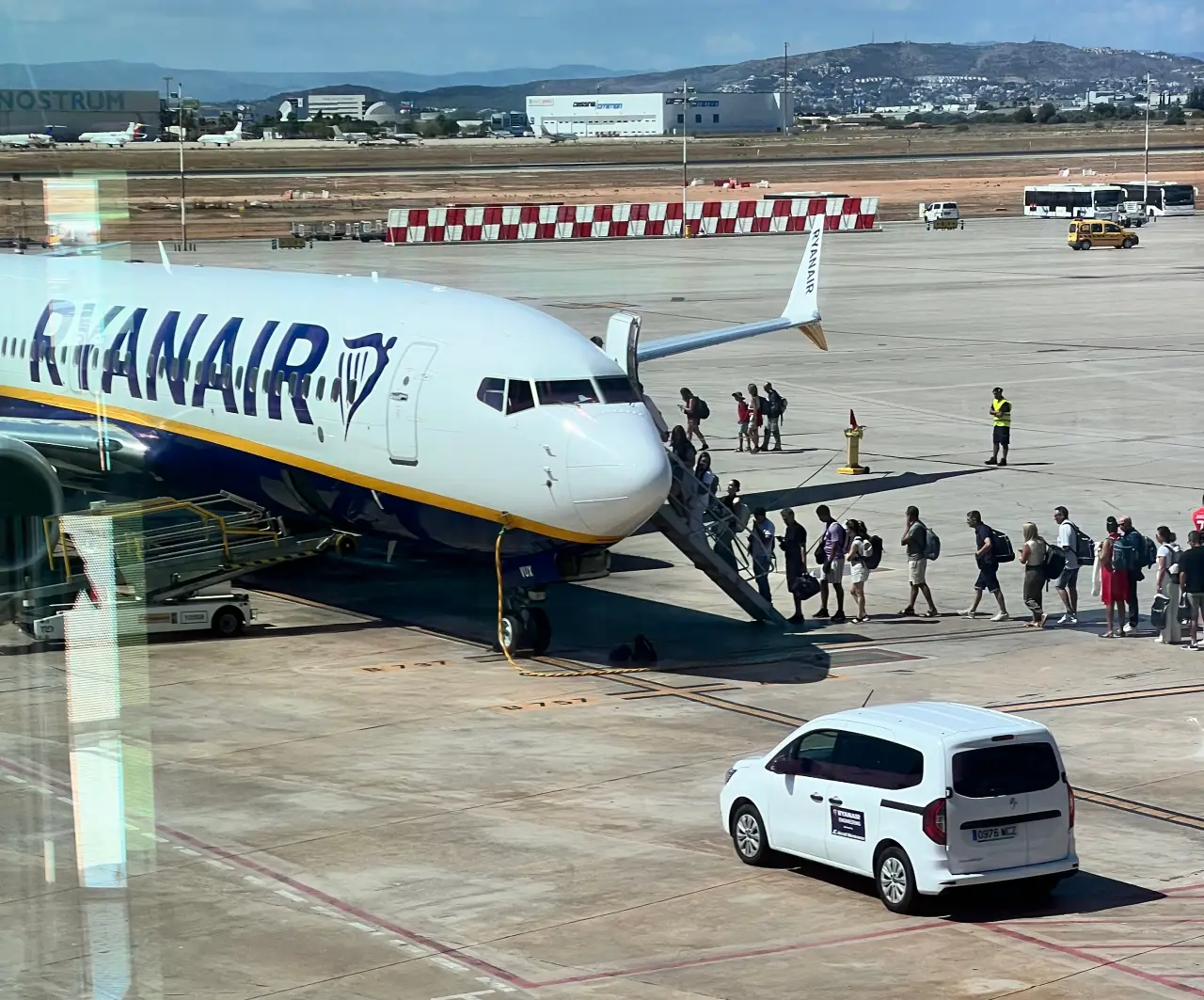Just a year and a half following the legalization of cannabis, Thailand’s new conservative coalition government is moving to reinstate strict regulations on its use.
This shift comes as neon cannabis signs proliferate in Bangkok’s bustling tourist districts, and dispensaries and cannabis-infused menus become increasingly common.
Why Is Thailand Revisiting Its Cannabis Policy?
After the May general election last year, Thailand welcomed new governance under the conservative Pheu Thai Party coalition in September, initiating a reevaluation of cannabis laws.
The government is pushing for regulations to confine cannabis use to medicinal purposes, citing poorly managed legalization processes and potential health risks, especially among the youth.
Anutin Charnvirakul, Deputy Prime Minister and leader of the Bhumjaithai Party, initially championed legalization to alleviate prison overcrowding and stimulate the rural economy. Despite initial promises of strict medical use, the market saw nearly unrestricted growth, leading to concerns over unregulated access and quality control.
Economic Impact and Public Health Concerns
Following legalization, Thailand’s cannabis industry boomed, with projections showing substantial economic growth.
However, reports of increased drug-related violence and a surge in individuals seeking treatment for cannabis-related psychological issues have raised alarms, prompting a reexamination of the policy.
Future of Cannabis Use in Thailand
Thailand’s Health Minister Chonlanan Srikaew has proposed a draft bill to ban recreational cannabis use, suggesting hefty fines and potential prison sentences for violations.
The bill aims to reclassify cannabis as a controlled substance, with specific penalties for unauthorized cultivation, advertising, and recreational use.
Can Tourists Smoke Weed in Thailand?
As Thailand deliberates on forthcoming cannabis regulations, shops throughout Bangkok and other areas remain operational.
Nonetheless, existing regulations aim to curtail cannabis consumption; public smoking or vaping is prohibited, with offenses like causing a ‘public nuisance’ by the odor of cannabis subject to a fine of 25,000 baht (€650).
Cannabis extracts with a THC content exceeding 0.2% are classified as narcotics, yet certain outlets persist in selling stronger variants, risking legal consequences for buyers without medical authorization.
Furthermore, travelers are cautioned against transporting cannabis across international lines, as it remains illegal in adjacent nations.
For instance, Singapore enforces some of the globe’s most stringent drug laws, allowing for the arrest of its citizens for consuming drugs abroad as though the act occurred domestically.

